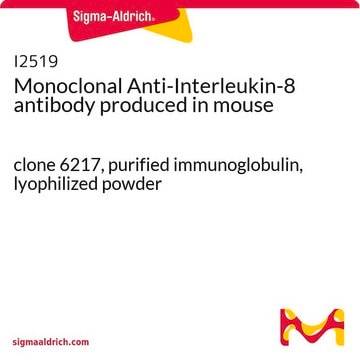528118
PI 3-Kδ Inhibitor X, IC87114
The PI 3-Kδ Inhibitor X, IC87114, also referenced under CAS 371242-69-2, controls the biological activity of PI 3-Kδ. This small molecule/inhibitor is primarily used for Phosphorylation & Dephosphorylation applications.
Synonym(s):
PI 3-Kδ Inhibitor X, IC87114, Phosphatidylinositol 3-Kinase p110d Inhibitor, PI 3-K Inhibitor X
About This Item
Recommended Products
Quality Level
assay
≥95% (HPLC)
form
powder
manufacturer/tradename
Calbiochem®
storage condition
OK to freeze
color
white
solubility
DMSO: 5 mg/mL
shipped in
wet ice
storage temp.
−20°C
InChI
1S/C22H19N7O/c1-13-6-3-4-9-16(13)29-17(27-15-8-5-7-14(2)18(15)22(29)30)10-28-12-26-19-20(23)24-11-25-21(19)28/h3-9,11-12H,10H2,1-2H3,(H2,23,24,25)
InChI key
GNWHRHGTIBRNSM-UHFFFAOYSA-N
General description
Warning
Reconstitution
Other Notes
Ali, K., et al. 2008. J. Immunol.180, 2538.
Legal Information
Storage Class
11 - Combustible Solids
wgk_germany
WGK 2
flash_point_f
Not applicable
flash_point_c
Not applicable
Certificates of Analysis (COA)
Search for Certificates of Analysis (COA) by entering the products Lot/Batch Number. Lot and Batch Numbers can be found on a product’s label following the words ‘Lot’ or ‘Batch’.
Already Own This Product?
Find documentation for the products that you have recently purchased in the Document Library.
Our team of scientists has experience in all areas of research including Life Science, Material Science, Chemical Synthesis, Chromatography, Analytical and many others.
Contact Technical Service








